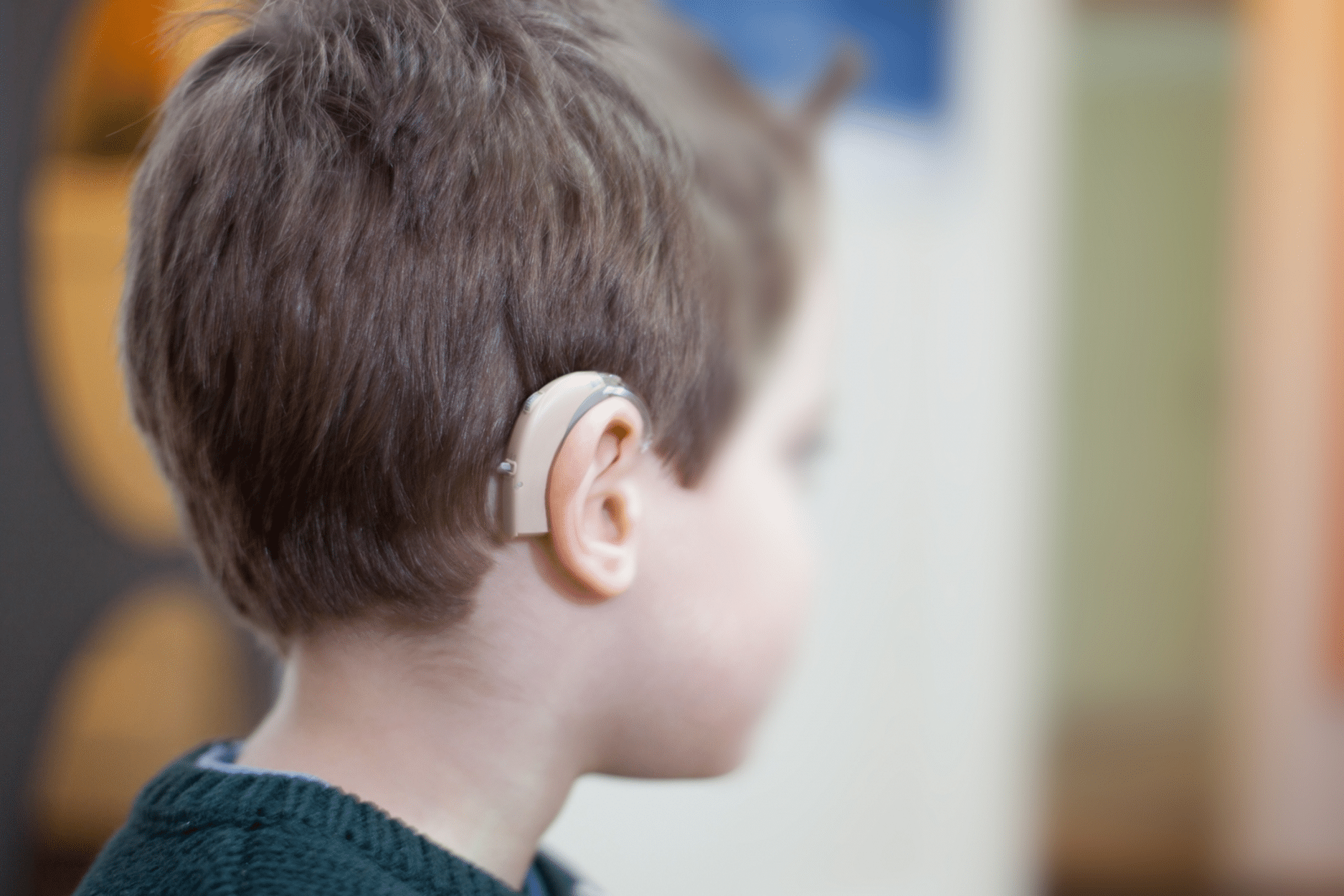Have you ever imagined that a single word could save a patient’s life? Or that effective communication skills between an engineer and a doctor could lead to the invention of a device capable of diagnosing critical diseases? This article is not just a theoretical discussion about the importance of communication; it is an exploratory journey into how effective communication makes the difference between a successful medical device and a failed one. It also highlights how a biomedical engineer serves as a bridge between complexity and simplicity, between laboratories and hospitals, and between technology and humanity.
Why Do Biomedical Engineers Need Strong Communication Skills?
Biomedical engineering is a multidisciplinary field that combines engineering, medicine, and biology. Biomedical engineers are responsible for designing medical devices, improving diagnostic systems, and even developing software that assists in medical data analysis. However, the success of these innovations heavily depends on engineers’ ability to communicate effectively with various professionals in the healthcare industry.

Many assume that a biomedical engineer’s role is limited to designing devices or analyzing data. In reality, this field is a complex network of relationships requiring constant communication with key individuals such as:
- Doctors and nurses: To accurately understand clinical needs.
- Patients: To grasp the daily challenges, they face.
- Technicians and programmers: To translate ideas into technical protocols.
- Investors and regulatory officials: To persuade them of the viability of innovations.
Without strong communication skills, groundbreaking ideas may lose their true value. For instance, if a biomedical engineer fails to clearly explain how a new medical device functions to a healthcare team, the device may be ignored or misused, putting patients’ lives at risk. Therefore, communication is not merely an additional skill or a luxury—it is an essential part of a biomedical engineer’s daily work.
Essential Communication Skills for Biomedical Engineers
To achieve effective communication, biomedical engineers must develop a diverse set of skills, including:
- Speaking in clear and simple language: Avoiding complex technical jargon when communicating with non-specialists, such as doctors or patients, and instead using clear and straightforward language.
- Active listening: Communication is not just about conveying information but also about understanding the needs and concerns of others. For example, when working with a doctor to develop a new medical device, an engineer must fully grasp the clinical challenges faced by the physician and how the device can help address them.
- Delivering compelling presentations: Whether in team meetings or scientific conferences, biomedical engineers must be able to present their ideas clearly and persuasively, utilizing charts and visuals to explain complex concepts effectively.

Challenges in Communication within Biomedical Engineering
Despite its importance, communication in biomedical engineering comes with several challenges, primarily due to the knowledge gap between engineering and medicine. Since biomedical engineering is a relatively new field, these challenges can be summarized as follows:
Challenge 1: The Gap Between “Engineering Language” and “Medical Language”
Engineers are trained to think analytically and technically, whereas doctors focus more on clinical and human-centered aspects. While a doctor emphasizes clinical diagnosis, an engineer concentrates on measurement accuracy. The solution? Creating shared spaces such as joint workshops where each party familiarizes the other with fundamental terminology and develops strategies to integrate their perspectives effectively.
Challenge 2: Communicating with Patients Who Lack Technical Backgrounds
How would a doctor explain the use of a cochlear implant to a patient without overwhelming them? The key lies in using simple analogies—such as comparing the device to a “translator that converts sounds into electrical signals the brain can understand.” Simplifying concepts by putting oneself in the other person’s shoes makes the information more accessible and understandable.

Challenge 3: Communicating with Global Teams
Many biomedical engineering projects involve teams distributed across different countries. Here, understanding cultural differences becomes an essential communication skill. For example, in some cultures, expressing opinions too directly may be considered impolite. Biomedical engineers must develop adaptive communication styles that consider cultural sensitivities, ensuring a smooth exchange of ideas without barriers.
Strategies for Improving Effective Communication
To overcome these challenges, biomedical engineers can adopt several strategies to enhance their communication skills:
- Continuous Training: Engineers can participate in training programs focused on communication skills, such as public speaking, negotiation techniques, and technical writing. These courses help engineers learn how to express their ideas more clearly and effectively.
- Team Collaboration: Encouraging teamwork between engineers and doctors can bridge the knowledge gap. By working closely together, both professionals can learn from each other and develop a common language that facilitates communication.
- Leveraging Technology: Technology can improve communication through tools such as virtual reality (VR) to create 3D models of medical devices before manufacturing or video conferencing software that enables real-time collaboration between geographically dispersed teams.
- Seeking Feedback: Requesting advice and feedback from colleagues and patients can help engineers identify strengths and weaknesses in their communication skills, allowing them to refine and improve their approach.

Effective Communication and Innovation in Biomedical Engineering
Effective communication is not only crucial for ensuring the correct operation of medical devices but also serves as a key driver of innovation in biomedical engineering. When engineers can communicate effectively with doctors and researchers, they can gather insights and ideas that contribute to developing new solutions for healthcare challenges.
For instance, a doctor might identify a specific issue in diagnosing patients. Without collaboration with a biomedical engineer, this observation might never translate into a practical solution. However, through effective communication, doctors and engineers can work together to develop new devices or enhance existing technologies to address the problem.
If you want to be part of this inspiring journey—where words become a bridge between technology and humanity and ideas transform into life-saving innovations—HSI is your gateway. Through our specialized biomedical engineering courses and hands-on training, we provide you with the tools and skills needed to excel in this vital field.
Source: 10 Emerging Skills Biomedical Engineers Need to Stay Competitive